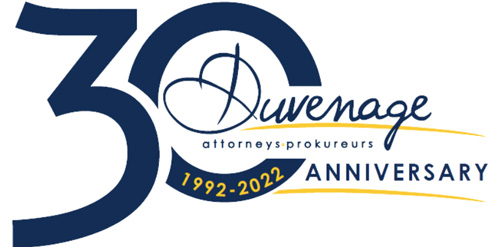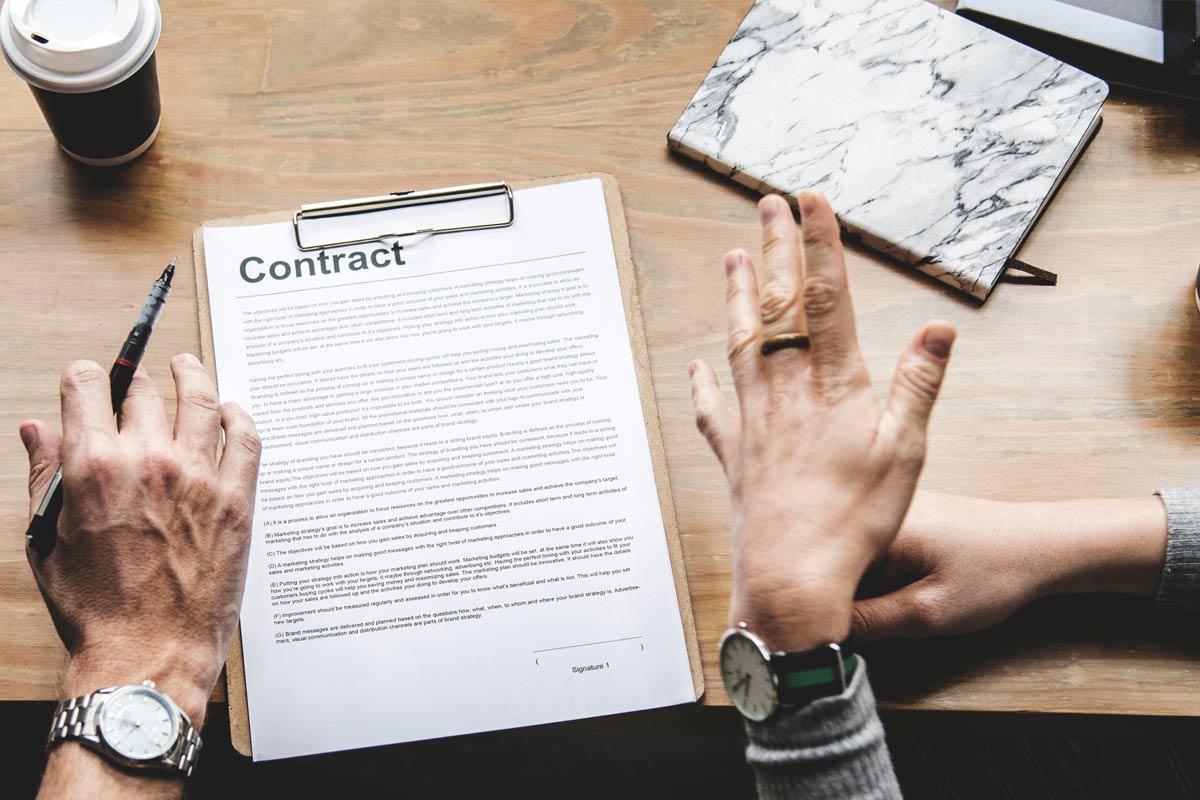Potential Pitfalls in Cannabis Law: What to Watch Out For
You might be surprised to know that the questions you have around the form and content of the new law legalising the use and possession of cannabis are common concerns that many people are grappling with as well.
On June 3, 2024, the president assented into law the Cannabis for Private Purposes Act 07 of 2024 (CPPA). This Act legalizes adults to use, consume, and possess cannabis for private use. This means that adults can now cultivate and possess the herb in their private gardens without any fear of arrest, as was the case in the past.
The Background to the New Cannabis Law
In a landmark judgment delivered by the Constitutional Court on September 18, 2018, in Minister of Justice and Constitutional Development and Others v. Garreth Prince CCT 108/17, the highest court in the land ruled that "the prohibition of the performance of any activity in connection with the cultivation of cannabis by an adult in private for his or her personal consumption in private is inconsistent with the right to privacy entrenched in the Constitution and is constitutionally invalid."
The Court went further and said that “what this means is that the right to privacy entitles an adult person to use or cultivate or possess cannabis in private for his or her personal consumption.” The Constitutional Court suspended this order for a period of 24 months to afford Parliament an opportunity to pass a law to legalize and regulate the cultivation, use, consumption, and possession of cannabis. Parliament duly responded with the passing of CPPA.
How Does the New Cannabis Law Affect Me?
If you use and consume cannabis, the new law decriminalizes the use and possession of the herb in your private space without any fear of arrest by the police. It is important, however, to emphasize that the herb may not be sold or consumed in public. Furthermore, the herb may not be consumed in the presence of a child or a non-consenting adult.
What is My Status if I Was Previously Convicted of Possession or Use of Cannabis or Dealing in Cannabis?
The CPPA under Section 5(1)(a) provides for the automatic expungement of the criminal record containing the conviction and sentence related to the use and possession of cannabis (dagga). Your conviction and sentence will therefore be automatically expunged. In the event that you find that the criminal record has not been automatically expunged as provided for in the above section, you have a right to file a written application to the Director General of the Department of Justice and Constitutional Development for the expungement of your criminal record. The Director General shall, upon receipt of your application, effect the expungement by issuing you a certificate of expungement of your criminal record if you meet the criteria specified in Section 5 of the CPPA.
What Does the Law Say About the Use of Cannabis by Children?
One of the tenets of the CPPA is to protect the best interests of children in matters involving the use and consumption of cannabis. The Act prohibits the use, consumption, and possession of cannabis by children. It also prohibits adults from engaging in any act that may amount to permitting a child to use or possess cannabis. However, it allows an adult to administer cannabis for medical purposes where prescribed by a medical practitioner. Where a child is suspected of engaging in any act that contravenes the use or possession of cannabis, the Act provides for an alternative manner to deal with the matter of prohibited use and possession of cannabis by the child.
What Amount of Cannabis is Allowable for Private Use?
The Act empowers the Minister of Justice and Constitutional Development to make regulations to prescribe the maximum amounts of cannabis an adult is allowed to cultivate, possess, or transport for personal use. Pending the proclamation of these regulations, the Constitutional Court ruling in Minister of Justice and Constitutional Development and Others v. Garreth Prince CCT 108/17 in respect of the allowable amount of cannabis for private cultivation and possession applies. The Court gave discretion to a police officer, ruling at paragraph 123 that “The Police Officer will ask the person such questions as may be necessary to satisfy himself or herself whether the cannabis he or she is in possession of is for personal consumption. If, having heard what the person has to say, the police officer thinks that the explanation is not satisfactory, he or she may arrest the person.” You may therefore still be prosecuted and convicted for possessing amounts exceeding the allowable amounts of cannabis.
Can I Now Use Cannabis in My Workplace?
No, the workplace is not a private place; it is accessible to fellow employees and employers. It is prohibited even in your own office at work. The provisions of the Occupational Health and Safety (OHS) Act 85 of 1993 still apply. The OHS Act provides that “no person at a workplace shall be under the influence of or have in his or her possession or partake in or offer any other person intoxicating liquor or drugs.” The CPPA provides a Schedule of Laws it amends, and the OHS Act is not one of them.
What Happens if I Deal in Cannabis?
Dealing in cannabis remains prohibited, and any person found guilty of the offense of buying or selling cannabis for payment shall be liable on conviction to a fine or imprisonment for a period not exceeding 10 years or both such fine and imprisonment. It is quite obvious that this new development in our law poses some serious questions to many people which need to be answered.
Duvenage Inc. provides expert advice relating to developments in our cannabis law and criminal law in general.
For any assistance, please contact us.





